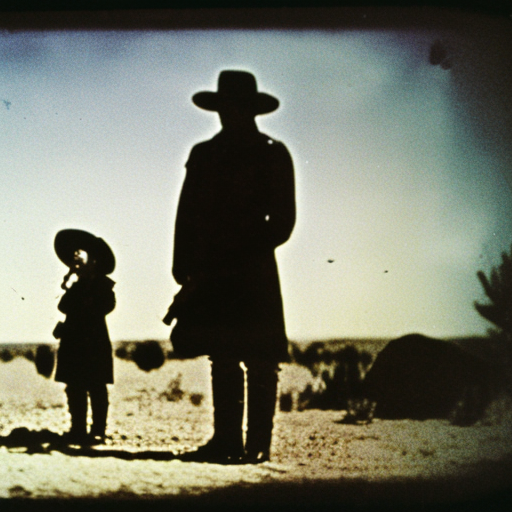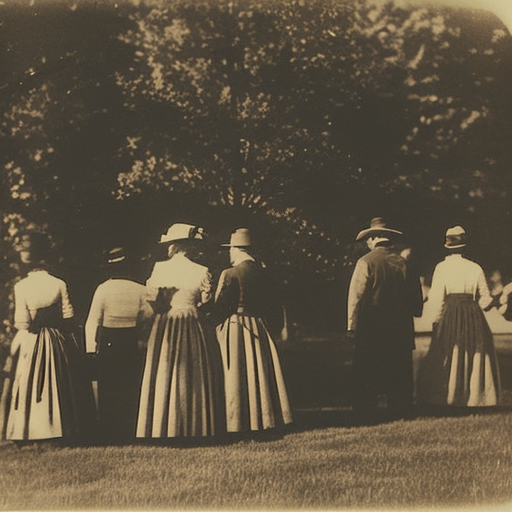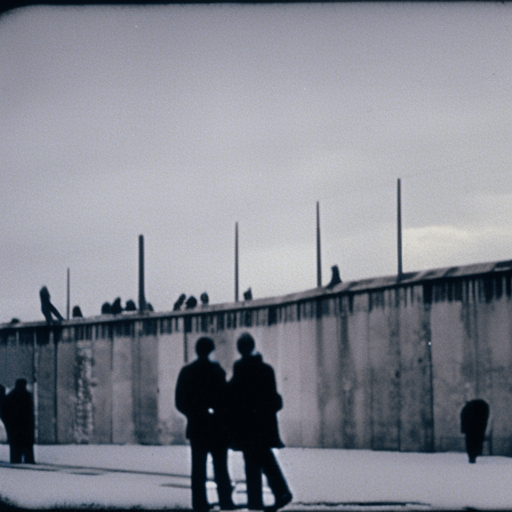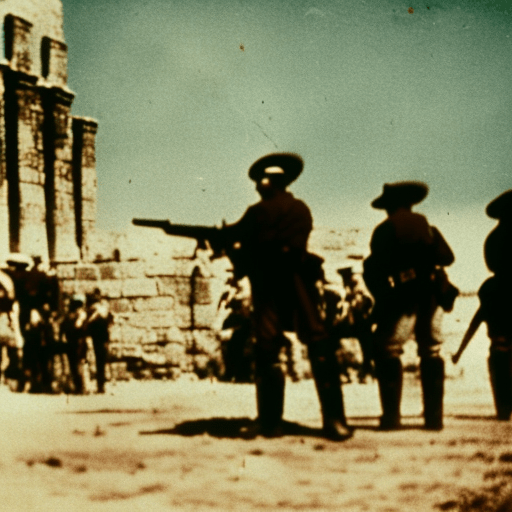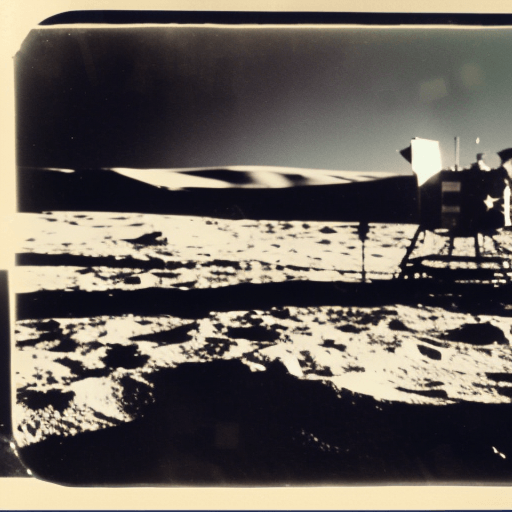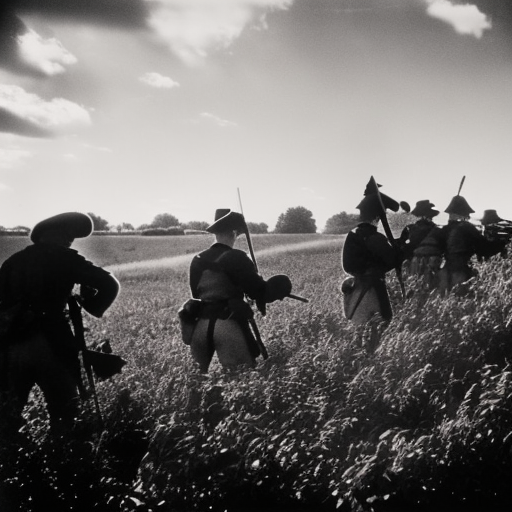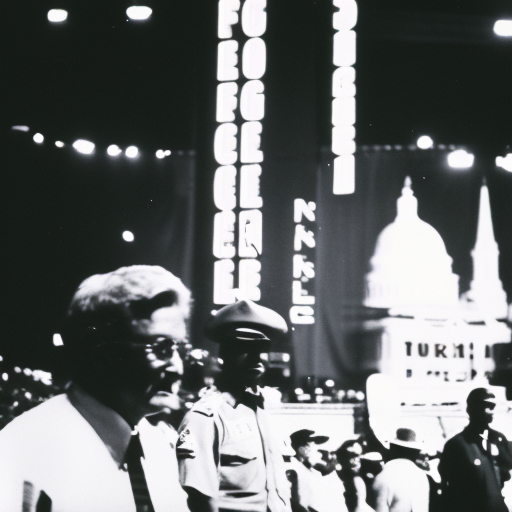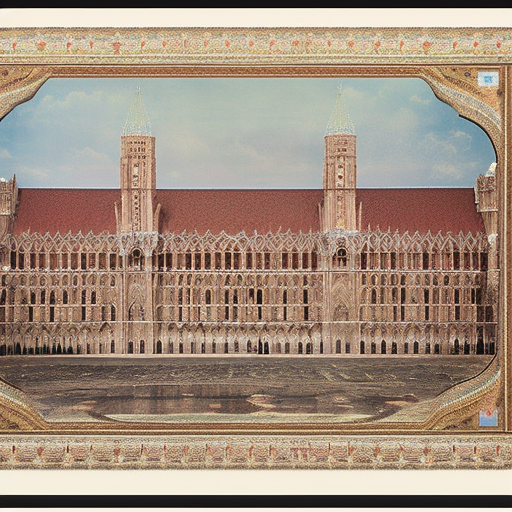The Treaty of Westphalia (1648) marked the end of the Thirty Years’ War and established the principles of modern state sovereignty and religious tolerance.
The Gadsden Purchase (1853) Explained
The Gadsden Purchase was a treaty between the United States and Mexico in 1853 that resulted in the acquisition of a strip of land in present-day Arizona and New Mexico.
The Missouri Compromise (1820) Explained
The Missouri Compromise was a legislative agreement that temporarily resolved the issue of slavery expansion in the United States by admitting Missouri as a slave state and Maine as a free state.
The Know Nothing Party Explained
The Know Nothing Party was a secretive and nativist political movement in the mid-19th century United States, characterized by anti-immigrant and anti-Catholic sentiments.
Underground: The Tokyo Gas Attack and the Japanese Psyche Summary
‘Underground: The Tokyo Gas Attack and the Japanese Psyche’ by Haruki Murakami explores the psychological impact of the 1995 Tokyo subway sarin gas attack.
The Spanish Armada (1588) Explained
The Spanish Armada was a failed naval invasion fleet sent by Spain against England in 1588, marking a turning point in European naval warfare and the beginning of England’s rise as a global power.
The Fall of the Berlin Wall (1989) Explained
The Fall of the Berlin Wall in 1989 marked the end of the Cold War and the reunification of East and West Germany.
Battle of the Alamo (1836) Explained
The Battle of the Alamo was a pivotal event in the Texas Revolution where a small group of Texan defenders fought against a larger Mexican army, resulting in their defeat but inspiring future Texan independence.
Neil Armstrong lands on the moon (1969) Explained
Neil Armstrong becomes the first person to land on the moon in 1969, marking a monumental achievement in human history.
Battle of Monmouth Explained
The Battle of Monmouth was a pivotal Revolutionary War battle fought in New Jersey in 1778, resulting in a strategic victory for the Continental Army.
1960 Democratic National Convention Explained
The 1960 Democratic National Convention was a pivotal event in American history that saw John F. Kennedy secure the party’s nomination for president.
Cultural History Explained
Cultural history explores the development and impact of various cultural practices, beliefs, and traditions throughout time.










